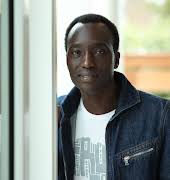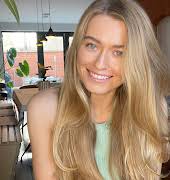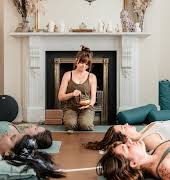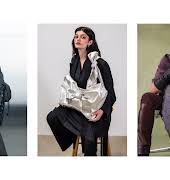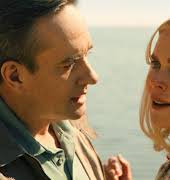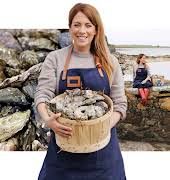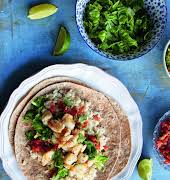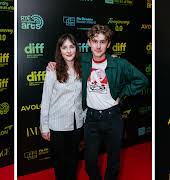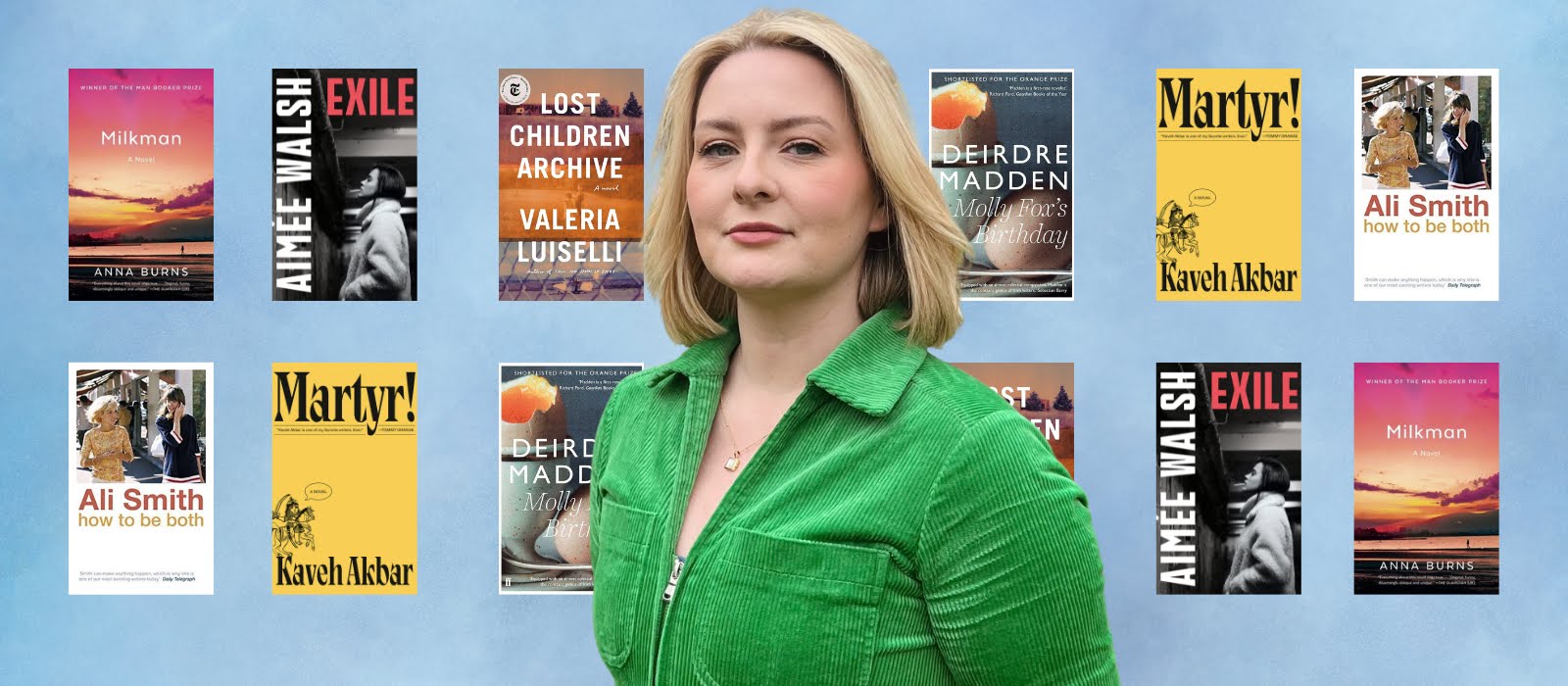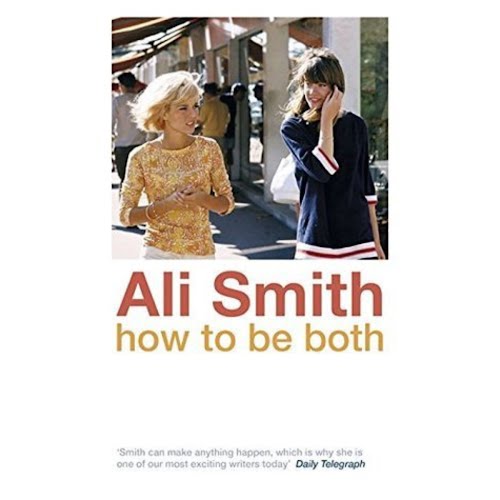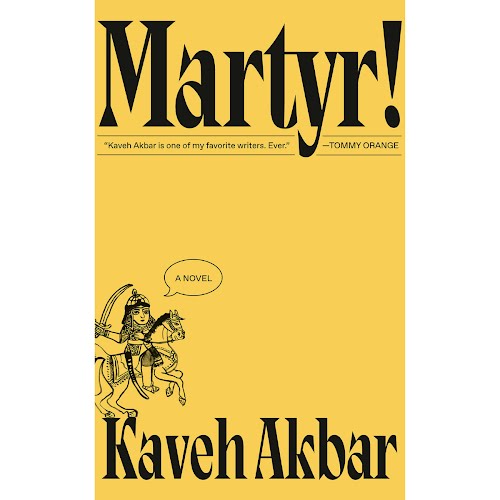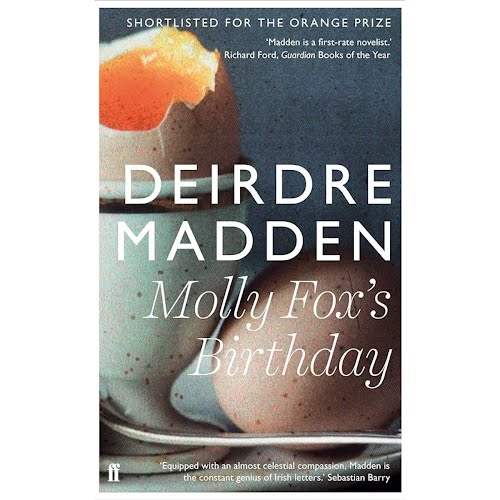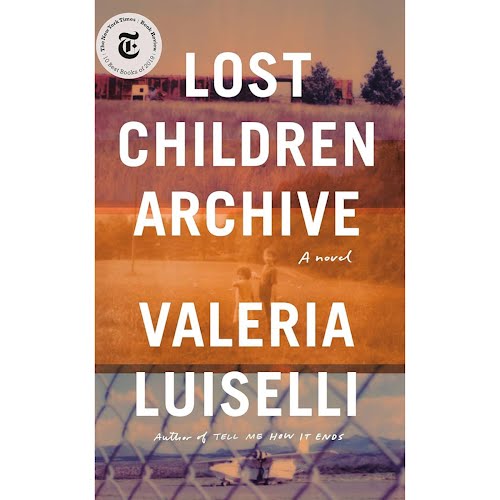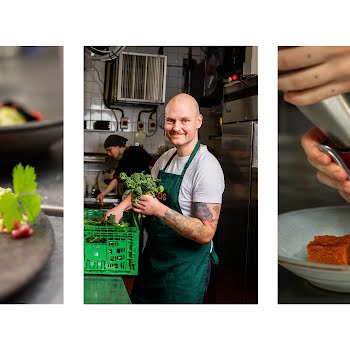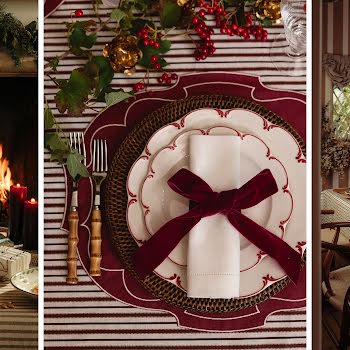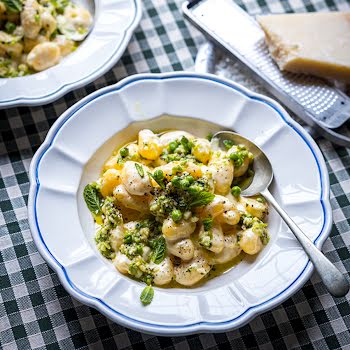Ahead of the publication of her debut novel, Exile, we caught up with Aimée Walsh to discuss her literary influences, writing process, and the importance of writing—and reading—with compassion.
To say that I tore through Belfast author Aimée Walsh’s debut title, Exile, would be an understatement. Perched in a coffee shop, oat latte drained dry, I barely dared to blink while reading the final few pages, sucked into the story so wholly and intensely.
Exile centres around one young woman as her life is turned upside down after an attack on a night out in her hometown of Belfast. In college in Liverpool, Fiadh’s life begins to spiral out of control as she misses assignment deadlines, stops turning up to class and doesn’t respond to any of her friends’ messages.
Without the tight knit group of friends she left behind at home or the support of the new friends she has made in Liverpool, Fiadh’s life quickly descends into chaos, a chaos that nearly costs her everything.
Fraught with emotion, this book fluctuates between being harrowing and heartening. It tracks the transition from familiar school days to college life and the struggle associated with that, self-discovery and resilience, the changing nature of friendship, and the glimmers of hope to be found amidst the sorrow.
One of this year’s most highly anticipated releases, Aimée Walsh is a true literary talent.
Read on for our interview with Aimée…
Did you always want to be a writer? Tell us about your journey to becoming a published author.
I’ve always been interested in stories, both listening to and telling them. Growing up, gossip was our currency. The imparting and withholding of, usually illicit, information was a kick like no other. As I matured though, I became fascinated with how people told stories about their own lives, how they saw and felt about themselves. I guess becoming a writer is the distillation of all these lives I’ve encountered, in real life and through fiction.
What inspired you to start writing?
Ever since I was little, I was forever reading. That’s never left me. I’ve always got a book or two in my bag – just in case. Great literature inspired me to pick up the pen and start writing.
Tell us about your new book. Where did the idea come from?
Set in 2008, Exile follows 18-year-old Fiadh as she moves to Liverpool for university and then back to her home city, Belfast. It’s a novel primarily about the aftermath of sexual violence, the shifting nature of friendships, and that particular feeling of leaving home at 18.
I began writing Exile in 2018. That year, I was astonished by online debates in response to a woman’s testimony of sexual violence. Since then, we’ve seen the rise of incel culture and Andrew Tate’s brand of misogyny. In the States, there’s been the repealing of Roe v Wade. So much of this hatred for women reminded me of the late 2000s when misogyny was so commonplace.
Fiadh’s journey throughout the book is at times hard to look at. It’s harrowing and self-destructive, but it’s the reality for many who have gone through that same trauma. Was it difficult to get yourself into the headspace of your protagonist?
Fiadh’s reaction to the attack on her was the hardest, but most important bit to write and get right. When I was writing, I spent a long time researching sexual violence against women and girls (VAWG), reading what felt like endless news stories of VAWG, and statistics on VAWG. I drew a lot of inspiration from Michaela Coel’s I May Destroy You. Like Coel’s Arabella, Fiadh’s life was forever changed by sexual assault. In terms of getting into the character’s mind, Fiadh appeared in my head as if she were real. I could see how she would interact and live in the world, her reactions to situations, her mannerisms. So, getting into her headspace was an exercise in understanding her.

The kindness of strangers is a recurring theme throughout Exile. The simplicity of a woman on the bus handing you a tissue, the ways kindness can make you buckle when it arrives unexpectedly. How important was adding these touches of softness to the story for you?
There’s beauty in life, even after the most horrific events have happened. It’s there, in glimmers, in those fleeting moments. It was really important to me to show these kindnesses. It’s more true to life.
What do you hope this book instils in the reader?
Compassion.
What did you learn when writing this book?
I was writing this book as I finished a PhD during the pandemic. I learnt a lot about myself, my writing style, and my need for social connections. I was part of an online writing workshop which was invaluable to me and the drafting process. Bouncing ideas off other writers is so important.
Tell us about your writing process?
I had a full-time job when I was writing Exile, so my process was really regimented. After a London commute, I would make my dinner then sit down to writing at the same table I’d just eaten at. My now husband and I were living in a one bedroom flat in London, so the luxury of a writing desk was a dream!
Where do you draw inspiration from?
Everywhere! I’ll be sat in a coffee shop and catch an unusual conversation going on across the way. A break-up. Two mates swapping stories. A mother and child, one on their phone. Observing body language is so interesting to watch. I’ve got inspiration from music and art too. When I was writing the final chapters of Exile, a Glaswegian musician Joesef released his debut album. His song ‘Joe’ got under my skin. It conveys exactly how I imagine Fiadh would feel.
What are your top three favourite books of all time, and why?
Molly Fox’s Birthday by Deidre Madden is the book I press into so many people’s hands. It’s about the changing nature of friendship. It’s a stunning book. If you haven’t, you absolutely must read it.
Valeria Luiselli’s Lost Children Archive. This is the most stunning and heartbreaking book. It’s about a couple and their children who make their way from New York City to the US-Mexico border. Along the way, they record sounds and photographs of their journey. At the same time, the narrative follows children crossing that border and all the horrors they experience. It is astounding.
How to be Both by Ali Smith. I’m a huge Smith fan. Her works are modernist masterpieces, but How to be Both holds a special place in my heart for introducing her writing to me and for being the book I read when I holidayed with my now husband for the first time.
Who are some of your favourite authors, Irish or otherwise?
Ali Smith, Anna Burns, Deidre Madden, Toni Morrison.
What are some upcoming book releases we should have on our radar?
There are so many exciting books coming in 2024. You’ll all have heard Sally Rooney’s fourth novel is coming. I’m really excited to read more work by Ali Smith too. Looking forward to next year: two novels I’m really excited for are Thirst Trap by Grainne O’Hare (Picador) and I Want to Go Home But I’m Already There by Roisin Lanigan (FigTree). Both are Belfast authors. There’s something really exciting happening with new Belfast fiction.
What book made you want to become a writer?
Anna Burn’s Milkman changed how I thought about my environment and what could be achieved through literature. It changed everything.
What’s one book you would add to the school curriculum?
I’ve taught excerpts of Anna Burns’s Milkman to both sixth years and undergraduates embarking on, what I hope is, lifelong obsessions with literature. I’d love to see it taught in Belfast schools.
What’s the best book you’ve read so far this year?
Kaveh Akbar’s Martyr! It’s the debut novel from an award-winning poet. It’s about living with addiction, depression, and asking, what is life for? It’s a thing of real beauty. I reviewed it for the Irish Times, and as I said there, it’s a prize winner in waiting.
What’s some advice you’ve got for other aspiring writers?
I think reading every day is essential to being a good writer, so read widely.
Lastly, what do the acts of reading and writing mean to you?
I think of reading and writing as acts of rebellion from our capitalist hustle culture. By doing it, you are freely giving your time and your attention to the words on the page in a kind of ritualistic prayer.
Exile by Aimée Walsh is published by John Murray on the 23 May 2024, trade paperback, €14.99.


